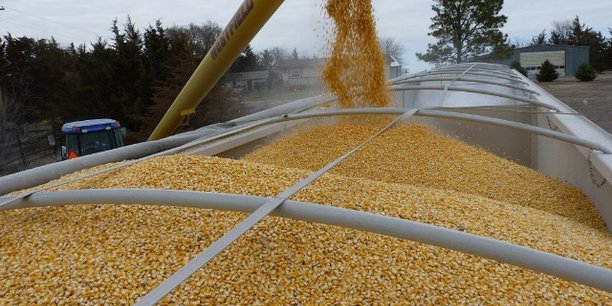
The export of vegetable oil and cereals, including peanuts, is suspended in Cameroon. This is announced in a note signed by the Director General of Customs, dated Monday, December 27. Neither the duration nor the official reason for this restriction is known.
The duration of this restriction on the export of oil and grain from Cameroon is not specified. The reason for the restriction is not given either. A government official said that the scarcity of these products on certain markets could explain this measure. The local press concurs, pointing to the volume of grain exports to neighboring countries and the difficulties of cultivation due to climate change and conflict in some parts of the country.
In a press release issued in early December, the Inter-Patronal Group of Cameroon warned of additional production costs due to the rising price of imported raw materials and sea freight. Some companies have been forced to make “survival” adjustments to their selling prices,” it said.
Cameroonian producers and exporters of cereals and vegetable oils supply several neighboring countries, including Chad, Nigeria and the Central African Republic. These foreign sales are often much more lucrative and sometimes seem to be favored to the point of negatively impacting the local market. In early December, Cameroon’s Minister of Trade, Luc Magloire Mbarga Atangana, issued directives to suspend grain exports.
Trade is an important part of the Cameroonian economy. Even if the main export products remain oil, aluminum, wood, cocoa, coffee, cotton and bananas, to name but a few, cereals (particularly groundnuts, rice, corn, sorghum and millet) and vegetable oils are highly sought after in the markets of neighboring countries, mainly because of their quality.
